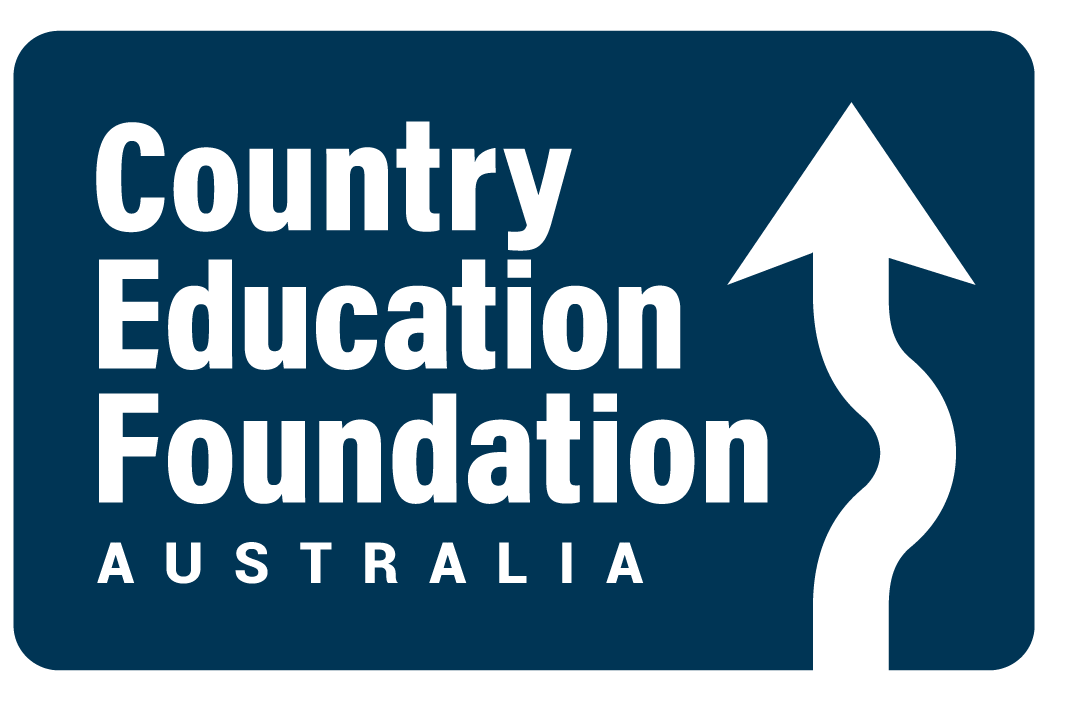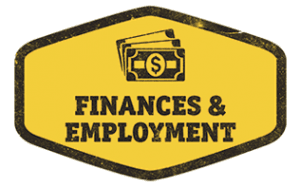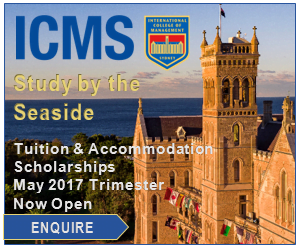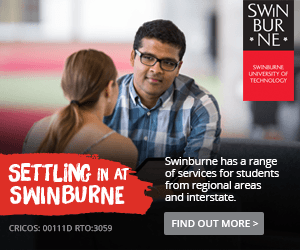There are a lot of different organisations offering scholarships, grants and financial assistance. Help is out there, you just need to find it.
Finances & Employment
FInances, Budget & Legal Advice
CEF Scholarship Guide
Each year, CEF publishes a Scholarship Guide to help rural and regional students who require financial support for further study. The guide contains a general list of scholarships available from our education partners, including specific scholarships for rural, regional and Indigenous students. You can also check the financial assistance or scholarships section of university websites or phone the course coordinator for more information
Government Support
The Australian Government provides financial assistance and advice through the following options:
StudyAssist provides information for students about government assistance for financing tertiary study.
Centrelink provides financial assistance options for people who are studying, training or undertaking an Australian apprenticeship.
Youth Allowance provides financial help for people aged 16 to 24 years who are studying fulltime, completing an Australian apprenticeship full-time, training or looking for work.
Austudy provides financial help if you are 25 years or over and in approved full-time study, completing an apprenticeship or training.
ABSTUDY provides financial help for Aboriginal and Torres Strait Islander Australians who are studying or undertaking an apprenticeship
Remote Area Allowance provides extra financial help for people receiving certain income support payments who are living in a remote area.
Start-up Loans provide tax-free financial help for full-time students studying an approved course at a higher education institution. If you receive Youth Allowance, Austudy or ABSTUDY Living Allowance you may be eligible. You can apply for a loan through your Centrelink online account.
Relocation Scholarship provides an annual payment to help certain students in higher education who are required to live away from their family home while studying.
Go to www.humanservices.gov.au or call 132 490 for more information.
So many scholarships go unawarded, so apply, apply, apply! You have nothing to lose.
TIP: Short-term financial difficulty
If you find yourself with cash flow troubles (for example: bond, rent-in-advance, winter fuel bills) many tertiary institutions offer short-term, no interest loans to help students out. Visit your student services or administration centre to find out more information.
Banking
Some banks offer special deals and benefits for students. Look for accounts with no account keeping fees, no minimum deposit amounts and no minimum balance.
Some helpful bank comparison sites that do the homework for you are www.finder.com.au and www.mozo.com.au. Remember to always check the restrictions as well as the features of accounts.
Go to www.moneysmart.gov.au for unbiased information to help you choose the right account for you.
TIP: Most banks have apps that allow you to track your spending and savings history
Budgeting
There are apps and online tools to help you keep your finances under control by tracking your income and expenses.
The managing your money section at www.moneysmart. gov.au has lots of information about living on a low income, budgeting, saving and making decisions around your money.
Preparing a budget is the best method of controlling costs and understanding how much money you need to live. The budget planner in the tools and resources section at www. moneysmart.gov.au provides an excellent, easy to use budgeting tool. It also has a savings goal calculator, a track my spend app (so you know where your money is going and stick within your spending limit) as well as where to get help with debt.
Make sure you put some savings aside for major expenses, such as beginning of semester textbooks. Remember, even small expenses add up over time. A $4 coffee every day adds up to $1,460 a year. Can you really afford that?
Top Tips
- Work as much as you can the summer before you start uni so you can begin your new adventure with some money in the bank and take time to settle in and enjoy the process without stressing about finances.
- Keep the money needed for fixed expenses such as regular bills, in a separate bank account and don’t use it for anything else.
- Try to save a small amount every week – it all adds up. $10 a week over a year will give you $520 to pay for a holiday, Christmas presents, medical or dental expenses.
- Before making purchases, think in terms of needs not wants. Is it something you can do without? Can you get it another time?
- Keep receipts for all purchases and money transactions to check against your bank statements.
- Be aware of and try to avoid things that blow out your budget, such as impulse purchases.
- Try not to have a credit card, as they create debt. Get a debit card instead.
- If your budget shows you are on your way to serious debt, you may need to take action and move to cheaper accommodation or sell your car and use public transport.
- Seek advice. Don’t be embarrassed if your finances hit a few hurdles. Visit your student services centre and ask about talking with a financial planner.
- The trick with your student budget is to make the most of what you’ve got by keeping a lookout for savings opportunities and cutting back wherever possible. You could and should:
- Keep an eye out for student discounts. Many businesses and services offer great discounts for students from haircuts to meals, to movie tickets to bus fares. It never hurts to ask!
- Cut back the number of times you go out per week and limit how much you spend on a night out.
- Buy food that’s in season. It’s cheaper, healthier and tastes better.
- Look at the number of times you travel home or to friends’ houses and see if there are cheaper travel alternatives. You may need to look at cutting back on your trips.
- Set a maximum limit for your spending on takeaways, gifts and clothes.
- Take your own lunch instead of buying food on campus.
Legal Assistance
If you find yourself in need of some advice concerning legal matters, most universities have a legal service which provides expert advice and guidance. You can also try the National Association of Community Legal Centres or a legal aid office in your area.
Employment
Having a job means more than extra money. It also gives you productive downtime away from study and uni as well as the opportunity to broaden your social network and develop your skills.
Balance, as always, is the key. Neglecting study for work could be an expensive mistake, as repeating a subject can cost a lot more than the money you earned working. Working in your uni breaks could be a better option if you find it hard to keep up with your study and hold down a job.
Finding Work
Lots of unis have employment services to help you find a part-time job. You can also look for work online, in local newspapers or even while you are out and about (businesses often post notices in their windows).
Look online at www.seek.com. au, www.jora.com.au or www.careerone.com.au. You can also set up a search option and opt in to receive direct emails about jobs relevant to your experience.
Asking around or approaching a business directly can give you the advantage of finding out about a job before it is advertised. Make sure you
take a resumé to leave with them. There may be no job now but there could be one in the future. Employers like people with initiative.
Resumees & References
You don’t need to have a lengthy document with years of work experience. Most employers are looking for student employees who are responsible, reliable and enthusiastic.
As well as any work experience you have, include your involvement in things that demonstrate these qualities. For example, having held a position of responsibility at school and any achievements in volunteer or community work. Include any awards you have received, your participation in team activities such as sports and your demonstrated commitment to other activities like music or dance.
You won’t be expected to know everything about a job before you start, but you will need to be able to demonstrate on your resumé and in interviews that you are willing to listen, learn and work hard.
A reference is an endorsement from a third party who has worked with you before, either in paid or voluntary work. Ask previous employers to write a few paragraphs about your skills and work ethic. You can also ask community leaders or teachers to write a character reference outlining your key qualities.
Help with resumés, applications and interviews
Finding a job, creating a resumé and attending an interview can all be a bit daunting, especially when you’re adjusting to a new environment.
Being prepared will give you the best chance of success. The CEF website has a student support section that provides lots of great information to assist you with your application letter, resumé, as will as tips for an effective interview. Visit www.cef.org.au/students.

Resources for School Leavers

Tim Fischer Fellowship
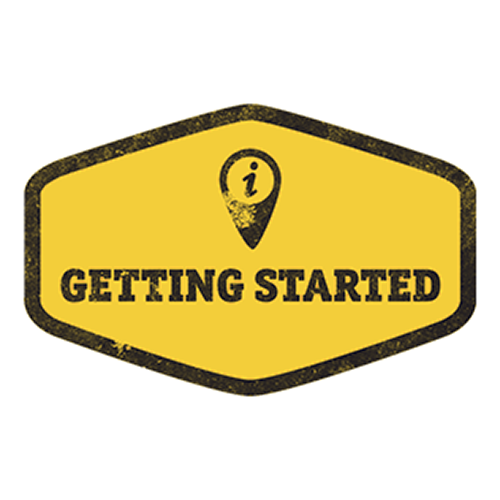
Getting Started

Study
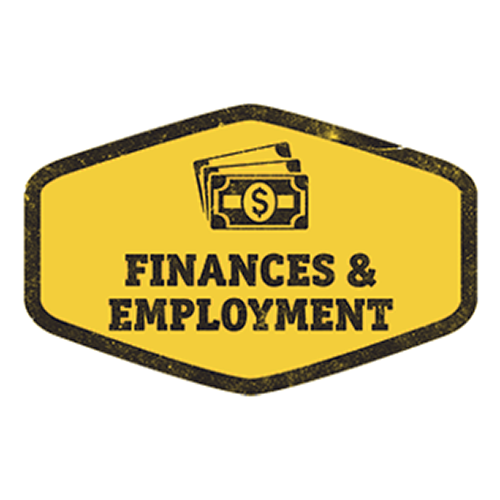
Finances & Employment

Health & Support

Accomodation

